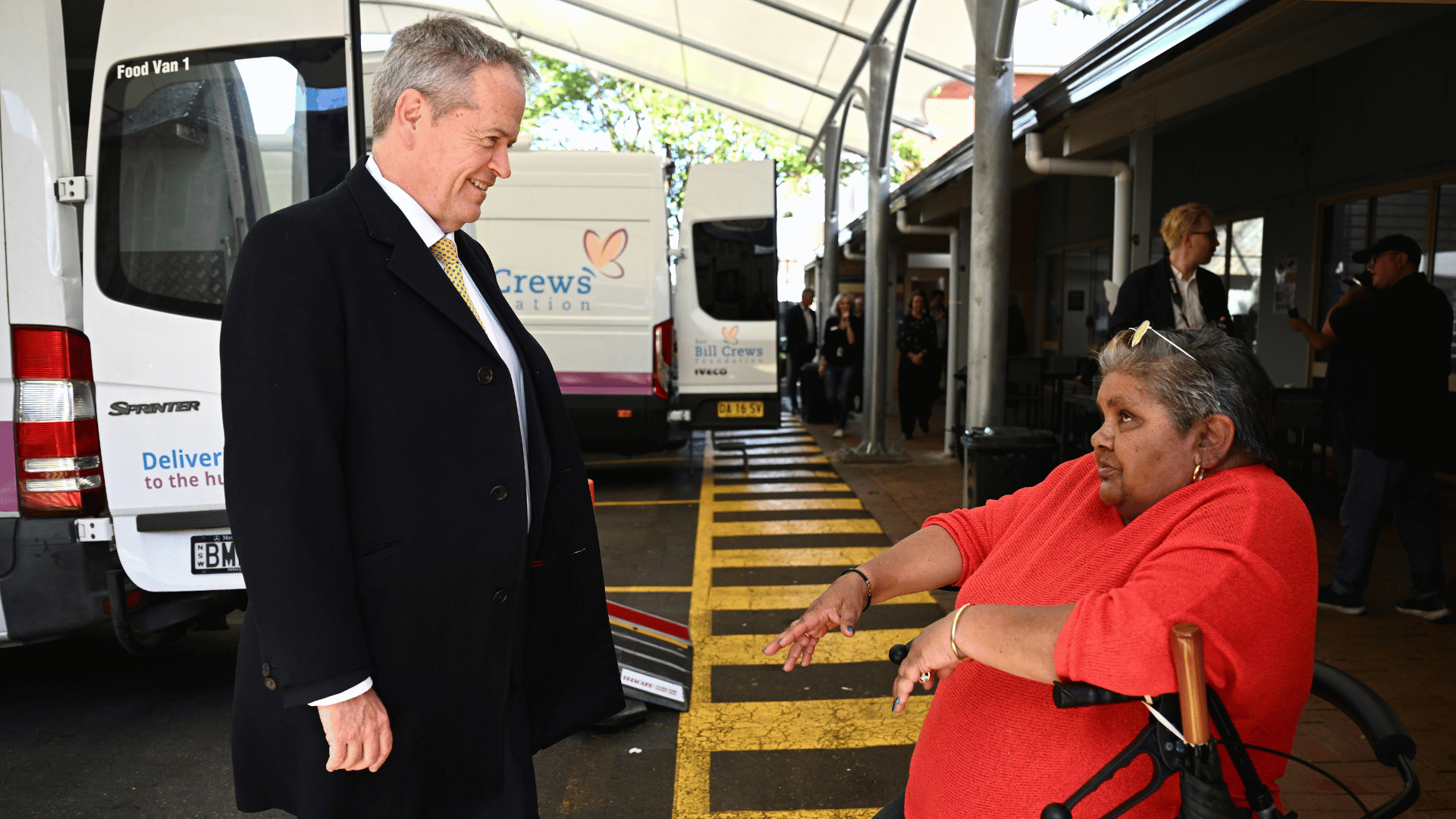The Government has introduced laws aimed at improving the National Disability Insurance Scheme (NDIS), with the proposed reforms sparking controversy.
It comes after a review found declining quality of care and increasing costs under the scheme’s current framework. It made several recommendations to overhaul the NDIS and ensure its long-term sustainability.
This week, the Government responded by introducing legislation based on some of the review’s findings.
However, Coalition and Greens MPs are calling for more detail before agreeing to back the reforms.
What is the NDIS?
The NDIS provides support and services for Australians with disability.
This includes access to community services, such as doctors, and assistance for necessary support, such as vehicle modifications.
It was launched in 2013 and completely rolled out by 2020. There are now over 610,000 Australians who receive support from the NDIS.
NDIS review
The government launched a review of the NDIS in 2022 after widespread concern about the deteriorating quality of support services.
It highlighted major issues in how the scheme was being run and uncertainty around its sustainability. The review also accused several providers of overcharging recipients for ineffective or unnecessary support.
Unexpected cost blowouts were also flagged as a concern, prompting the government to limit $75 billion in planned NDIS funding over the next 10 years.
Recommendations
The review made 26 recommendations and 139 supporting actions to be implemented over five years.
It said the NDIS should not be the sole source of disability support in Australia. Instead, it recommended the NDIS form part of a bigger system of connected disability services.
The report also found the NDIS needed to prioritise those with “significant functional impairment and need” over participants with a medical diagnosis. It identified inequalities in the current system, which it said favoured “those with [the ability] to obtain a diagnosis”.
Legislation
The government has promised to return the NDIS to its “original intent of supporting people with permanent and significant disability”. It’s now introduced legislation to address some of the recommendations, several months after they were handed down.
This includes a new assessment process to ensure needs-based funding, to replace current requirements which can lead to a person having to repeatedly prove they have a disability.
NDIS Minister Bill Shorten said these changes would make the scheme more “humane”.
The reforms include a new definition of “authorised supports”, to legally enshrine the kinds of items and services the NDIS will fund. It includes specific references to mobility aids, rehab services, and assistive technologies.
The legislation would also “improve the [Disability] Commission’s ability to respond effectively” to safety and fraud concerns.
NDIS Minister Bill Shorten said: “This bill paves the way for future improvements that will put participants back at the heart of the NDIS and ensure every NDIS dollar is put towards those who the scheme was originally intended to support.”
State response
The government said it will introduce clearer requirements to determine which Australians need to be on the NDIS, and which Australians can be assisted “outside the Scheme”, for example, in state-run schools or healthcare clinics.
However, some leaders are calling for more detail about how this will impact states and territories.
NSW Premier Chris Minns urged the Federal Government to be clear about the costs of people moving from “NDIS programs… into state services”.
Opposition
The Coalition has vowed to “closely scrutinise” the legislation before it decides whether or not to support it.
In a joint statement, Shadow NDIS Minister Michael Sukkar and Shadow Assistant NDIS Minister Hollie Hughes called for more detail on how the changes will “achieve the projected savings and contribute to the overall sustainability of the NDIS”.
The pair said they want to see more action on rooting out “price gouging and provider fraud” across the NDIS.
The Greens’ spokesperson for Disability Rights and Services, Jordon Steele-John, criticised the laws for prioritising “balancing the budget” over “disabled lives”.
He said it’s unclear who would be eligible to participate in NDIS programs under the Government’s efforts to pare back the scheme.
“I am deeply concerned about what this means for disabled people. Especially disabled people who don’t meet the government’s idea of “acceptable” or “disabled enough,” Steele-John said.
The Government needs support from either the Coalition or the Greens to pass the NDIS reforms.



